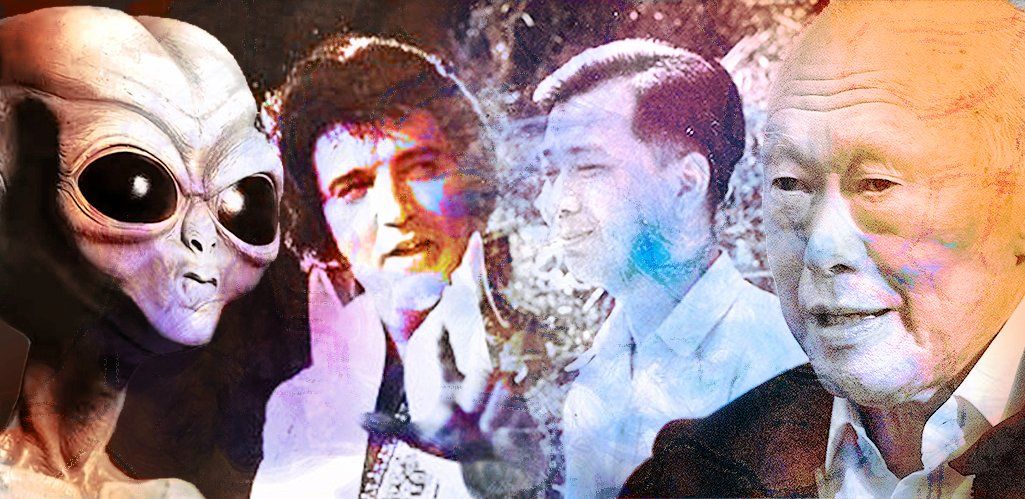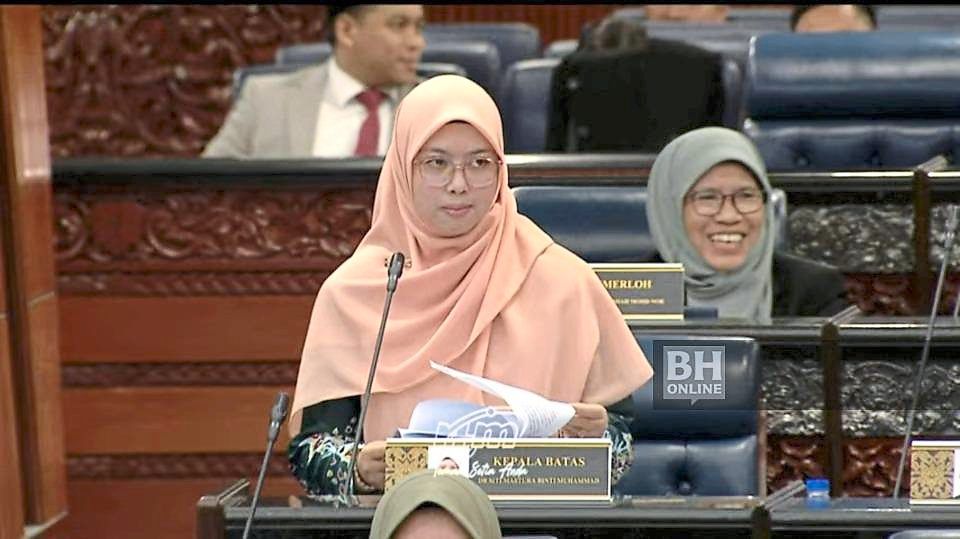SACKING a restaurant worker for wearing a crucifix must surely be the first of its kind in Malaysia.
Not only is it discriminatory, but this is totally unacceptable, and a strong, unequivocal message must be conveyed to his employer.
This shouldn’t be about the worker not willing to file a complaint against the boss of this popular Chinese beef bread restaurant in Kuala Lumpur. Instead, Human Resources Minister V. Sivakumar shouldn’t shrug it off and give the impression that this is not a priority. We hope he will take this up.
Malaysians know the identity of the restaurant and its representative has even appeared on video to apologise for its staff wearing a crucifix.
The minister said there’s no need to investigate this because “we have not received any complaints” and “if we receive any complaints, we will look into it and appropriate action may be taken.”
Most likely, the representative swiftly fired the worker and said it was an oversight on their part, out of fear that it would lose its predominantly Muslim clientele after the video went viral.
In fact, she admitted she couldn’t sleep peacefully because of the footage, which she anticipates will affect the business.
The controversy began when a TikTok video depicted a worker at Mon Chinese Beef Roti in Bukit Bintang wearing a necklace with a crucifix while preparing food.

The controversy began when a video, showing a worker at a Chinese Muslim restaurant in Bukit Bintang wearing a necklace with a crucifix while preparing food, went viral. — TikTok
The video – which has been taken down – eventually elicited many negative responses from Muslim customers stating their uneasiness at a staff wearing the songkok and Christian cross.
But instead of standing up for its employee, the manager of the said outlet – identified as Sofia – apologised for their oversight and promised to be thorough in screening staffs’ background to avoid offending local Muslim sensitivities.
This reeks of a classic knee-jerk reaction and crisis management at its worst. There’s no provision in Malaysian labour laws that says wearing a crucifix or a Buddhist amulet is illegal.
In fact, the restaurant should now apologise to Malaysians for this gross violation of our laws.
For example, wearing a songkok isn’t tantamount to one being Muslim. It’s not a religious headgear but an elegant Malay hat.
Some cool heads have prevailed following the travesty, with many netizens including Muslims, expressing sympathy for the fired staff, saying it’s more important the food is halal and clean.
The overreaction and slanderous remarks were, like the employer’s approach, perhaps a knee jerk reaction, too.
I don’t think any logical Malaysian can accept how the restaurant handled the issue. It chose to embrace social media reactions without thinking thoroughly of its actions, in this case, a young worker losing his livelihood.
His “crime?” Wearing a cross and making some customers unhappy in the process. His punishment? Getting fired by a fearful restaurant representative.
So, do we accept this simply because no report was lodged, as if the ministry can’t trace the worker and conclude an acceptable parting of ways? Or is it not even going to reprimand the restaurant for this highly discriminatory dismissal?
When the restaurant manager said it would now be more vigilant in its recruitment of staff, does that imply that it would not hire non-Muslim workers, like Myanmar nationals who are mainly Buddhist, or Christians?
If we allow the restaurant to go unpunished, then we can’t lament in the future when we hear of workers being thrown out for wearing the songkok, tudung or putting holy ash on their forehead, which is a Hindu custom.
By staying silent on the restaurant’s actions, it means we are condoning this unjust and prejudicial response against an employee on the grounds of ethnicity and religion, and allowing social media to dictate what’s wrong and right.
This popular restaurant chain is believed to be a Muslim concern from China, with its predominantly Muslim staff hailing from the republic.
It’s great that they’ve chosen to invest in Malaysia, but we have laws here that forbid discriminatory sackings.
It’s strange, but we seem to be living in a time of whim and fancy. What was totally acceptable before is suddenly inexplicably “wrong.”
How and why has this happened? Is this the future that beckons?
Tough questions not for the meek and scared, perhaps.
It’s strange, but we seem to be living in a time of whim and fancy. What was totally acceptable before is suddenly inexplicably “wrong.”








